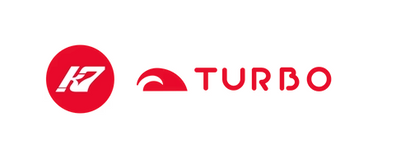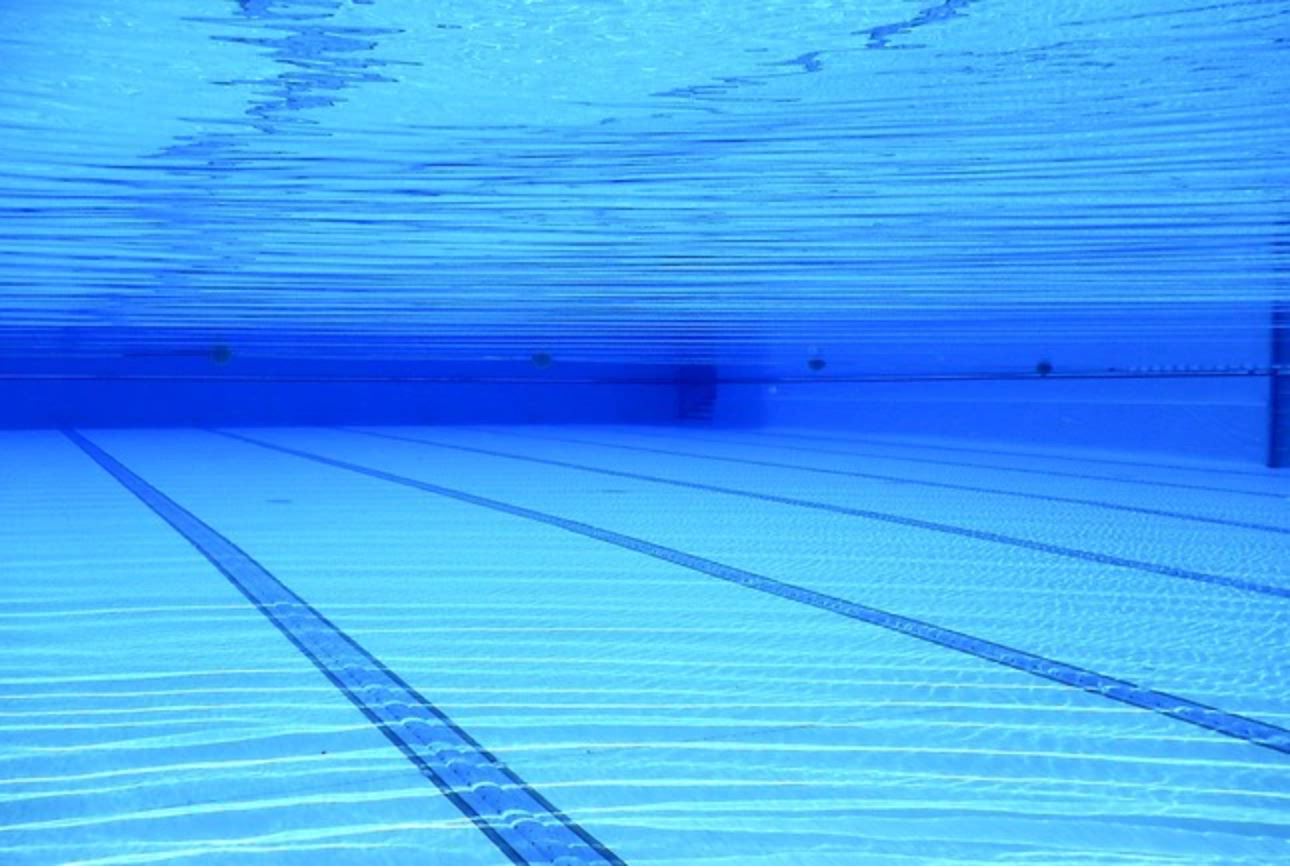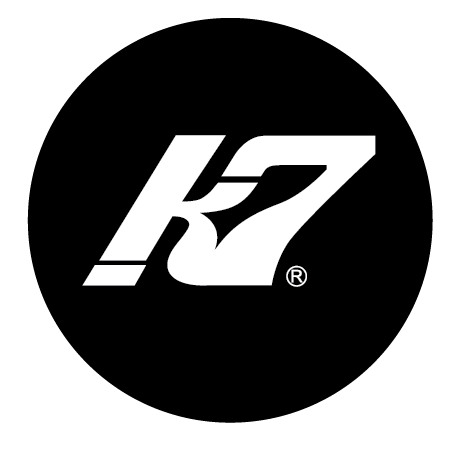Your Cart is Empty
After a season ends, a mixture of emotions can come up for athletes. Depending on the outcome of the season compared to the team and individual goals, an athlete may feel satisfaction mixed in with remorse and regret for what could have been. It is important to allow some time for reflection and closure to the last chapter in any ones water polo career. However, there needs to be a time limit to how long the athletes and teams are allowed to reflect before they start to turn to the next tournament, season, or phase of training. The time limit should be long enough to allow the emotions of the final result to process what they did well and what they want to improve on before jumping into the next chapter. If you want to become the best you can become, you need to develop systematic process for continual learning and growth in your sport. However, you also need to allow time to experience human emotion so as not suppress what you are experiencing in the here and now.
Below are first some ideas of mental exercise practices to use during the reflection and learning phase after you have finished followed by some mental exercises to use as you plan for the next.
Reflection/Learn Phase
- Journaling: strongly encouraged as an ongoing practice to journal key take-aways after practice and games and then read back through season long journal entries to look for trends in thought and play.
- Gratitude expression: adopt as a daily practice to start to build an attitude of appreciation and direct your focus on the opportunities you have to excel.
- Video highlight watching: create a highlight reel of the season and your career to remind you of what you and your team have accomplished. Also important to look for the technical and tactical skills that help you succeed so that they can be repeated
- Goal review and evaluation: review your progress toward the goals you set at the beginning of the season and evaluate their motivational value as well as the accuracy so that you can adjust your starting point for next season.
- Coach and teammate reflection/feedback: encourage others on your support team to provide open and honest feedback from their perspective of your performance.
Plan Phase
- Key qualities and team values for success: take some time to brainstorm what it will take to create a mindset and a culture of excellence moving forward. Look for examples in other athletes and teams that you would like to replicate and use those ideas to create your own unique language and terminology.
- Goal setting strategies: Develop a goal setting practice starting with the ultimate goal you would like to achieve and some key outcomes that would be a major part of it. Then take some time to decide the performance improvement steps as well as process oriented steps that would help you know you are on the correct path. It helps to follow a SMART goal setting format when establishing these goals.
- Leadership strategies: Consider how you can elevate the play of those around you and influence them in a positive way so as to help them realize new levels of potential. Consider how you can lead by example as well as lead vocally in ways that are aligned with the values and goals you have set.
- Imagery practices: imagine yourself accomplishing you goals on a daily basis with as much vivid detail as possible. Think of this as daily mental training where you are strengthening your mental mind muscles.
- Vicarious learning: take time to watch video of other water polo athletes you deem to have similar skill sets to those you aspire to achieve. It’s important to take what you see and adapt it into your own style while taking appropriate steps during practice that stretch you slightly outside of your comfort zone.
*Please contact Brian Alexander if you would like some mental skills coaching to help you or your teams tap into their performance potential.
www.athletementalskillscoach.comalexander.brian3@gmail.com



